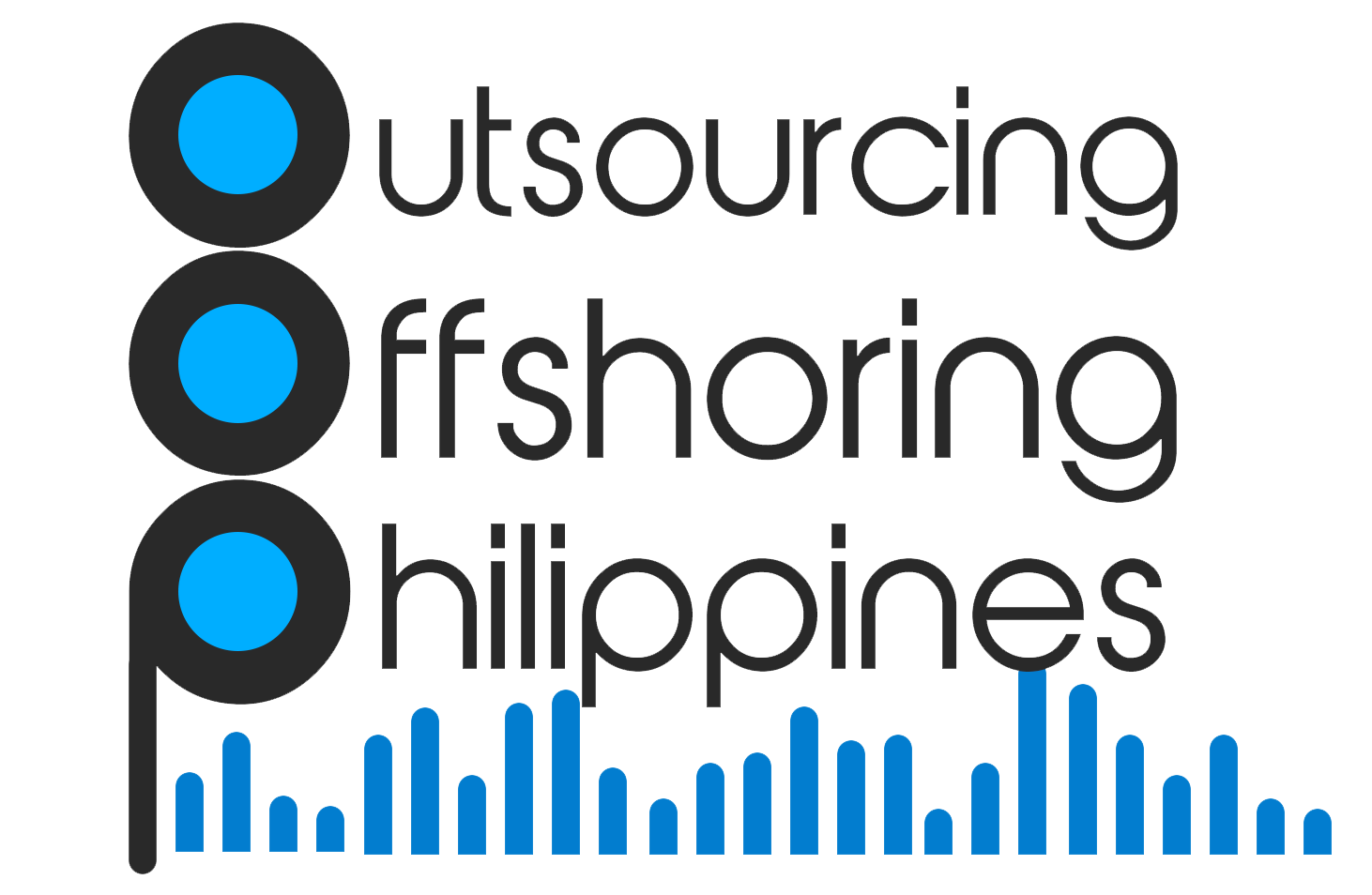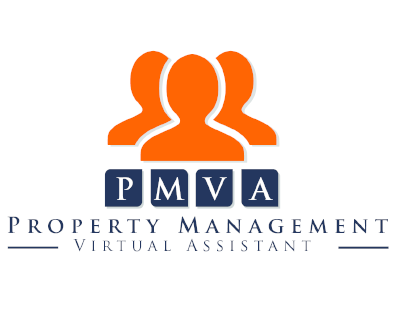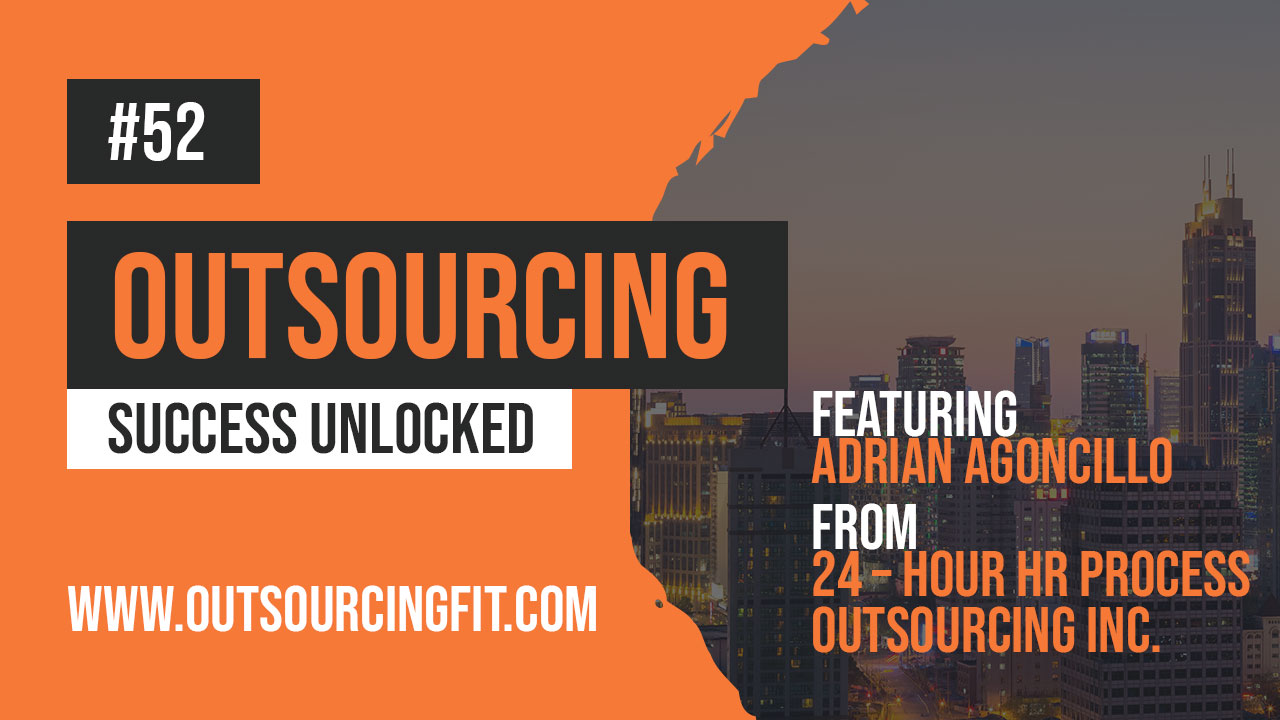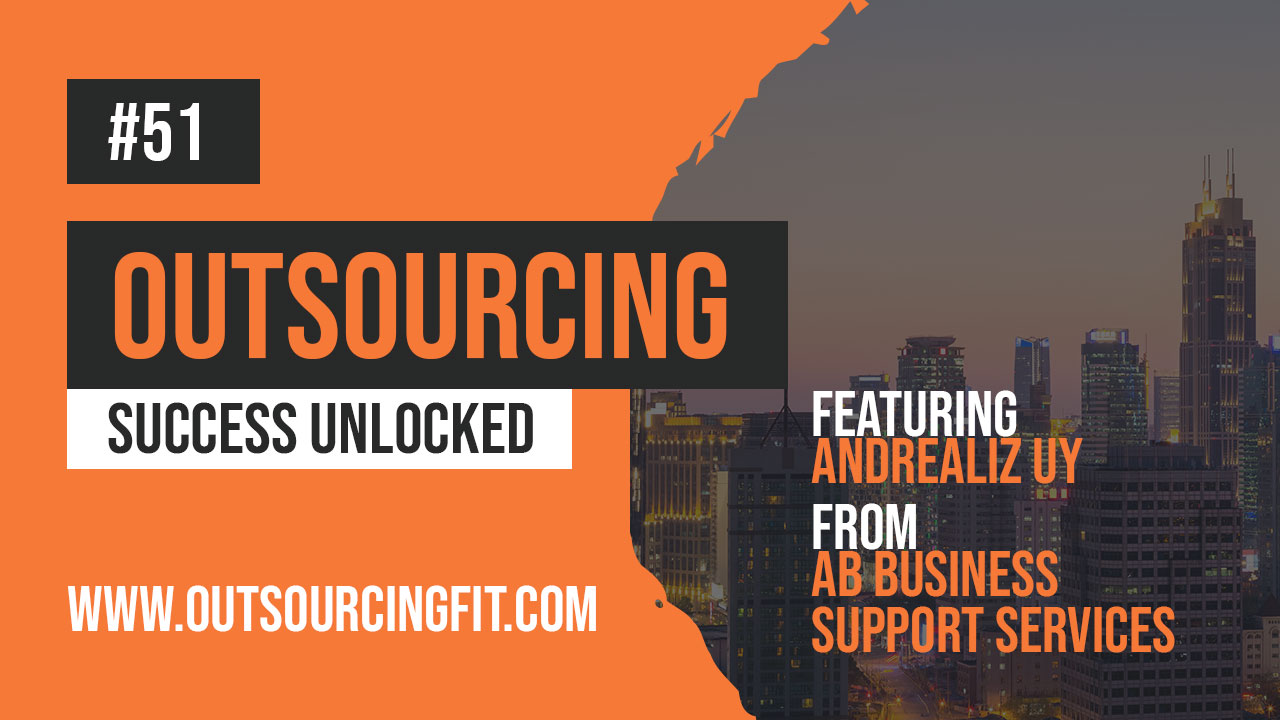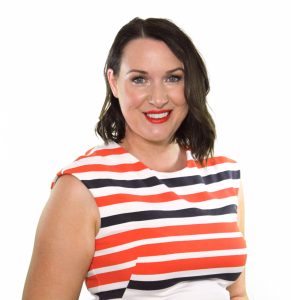 Guest: Tiffany Bowtell
Guest: Tiffany Bowtell
Presenter: Henry Acosta
Guest Bio: Tiffany Bowtell is a master in her field and wears many hats. She is an international property management expert, a business coach, keynote speaker, certified trainer, and an author. Her career in property management and training has spanned over twenty years and is also a certified partner with PropertyMe software. She is the director of two successful companies, the Property Management Institute of Training (PMIT) and the Property Management Virtual Assistant (PMVA), these companies provide advanced training and support to property management businesses throughout Australia.
Segment overview: Tiffany joins us in this segment to talk about the Property Management Institute of Training (PMIT) and the Property Management Virtual Assistant (PMVA), two successful companies that focus on property management throughout Australia.
Address: Level 9, 167 Eagle Street, Brisbane QLD 4000
Contact:(INT’L) 1300 774 005
Website: www.pmva.com.au
To know more about PMVA, listen to the podcast below.
The interview will start at the 16:34 of the podcast episode.
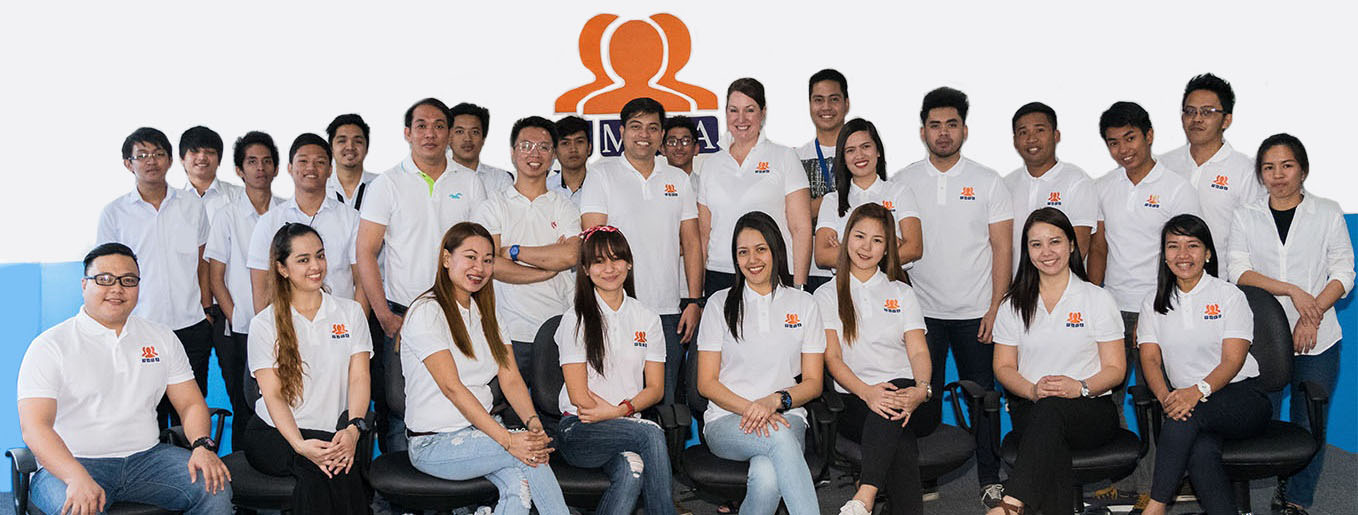
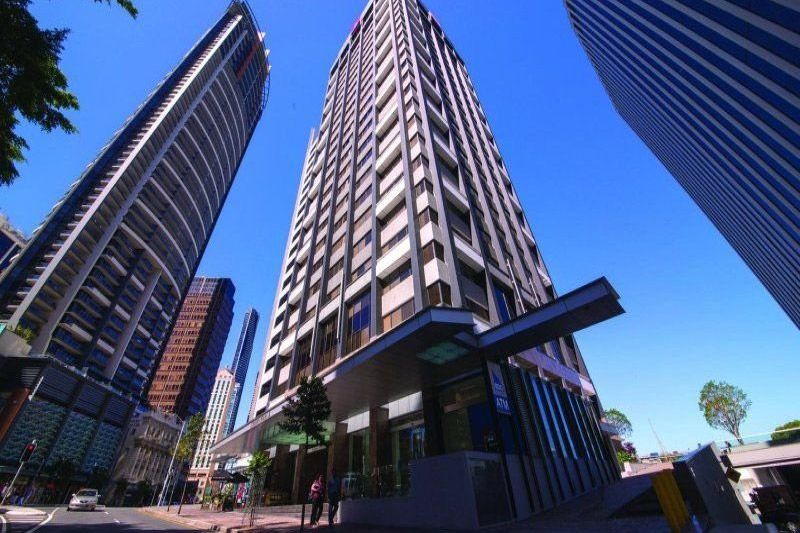
Transcript
Henry Acosta: This is the Outsourcing and Offshoring Philippines podcast with Henry Acosta. Our guest today is Tiffany Bowtell. She is an international property management expert, business coach, keynote speaker, certified trainer, and author. So you can tell she is a master in her field. She is the CEO of Property Management Virtual Assistant or you can call it PMVA. She is joining us today on the show to talk about the outsourcing and offshoring industry here in the Philippines and her company PMVA, which provides high quality, cost-effective, industry trained administration service agents. With all that said, thank you so much for coming on the show Tiffany.
Tiffany Bowtell: Hey Henry, how you doing? Thanks for having me on board. Great to be here.
Henry: Yeah, thank you so much for your time. Well we understand that things can get hectic and busy for people like you.
Tiffany: Oh yeah sure. That’s just life.
Henry: So for our first question, how did you get started with PMVA? What inspired you into making your own company?
Tiffany: Yeah, thanks for that question Henry. We are industry specific, outsourcing business in the Philippines which I think is probably a little bit new in terms of outsourcing and being niched to a particular industry rather than general outsourcing duties. And really, the reason we started our business in the Philippines was it was an extension of our Australian business so we’ve had an Australian property management training and coaching business here in Australia for almost a decade and the offshore outsourcing model that we moved into was really an extension of that original consulting business where our consulting and training clients wanted that extra pair of hands, that little bit of assistance and hence we were a training company that decided to move into the outsourcing space which now allows our clients to have fully trained outsourcing assistants. So the quality of the product or the quality of the service doesn’t change from one country to another.
Henry: Do you guys consider of an outsourcing company or an offshoring company?
Tiffany: An outsourcing company. So our model is of premium dedicated service. So Australian property management or real estate companies with a property management division outsource to dedicated virtual assistants. So each agency will have one or more dedicated team members, so those team members become an extension of the Australian businesses in the Philippines. So we just call it outsourcing because we believe that the quality of the or the level of the service that we provide for the service that we provide for administration would be that equivalent to that of being done here in Australia.
Henry: You guys sound like you really know your stuff and knowing that you guys are an Australian company I’m sure a lot of clients actually considered that as a really big plus since you understand where they’re coming from.
Tiffany: Yeah look, there’s always room for competition and I always say people on a mission have no competition. To clear on what you want to do and you know the niche that you want to work in, that works for us. We know exactly where we want to be within the real estate industry or the real estate sector within Australia and New Zealand. The potential for us to go to other countries is there as well but we know what we do and what we do really well which is the property management side of a real estate business. So yeah, we just we play in that space and we try make as best an impact as possible and most importantly the focus for us is to make sure that the quality just because it’s being done in another country, the quality is just as good.
Henry: Yeah and could you describe to us your ideal client for PMVA?
Tiffany: Anyone with a property management business. Not everyone, obviously there’s conditions within that. Ideally we work with clients that have a rent roll of around about 200 properties or more. We have a few clients that have got quite a few thousand properties as well and we cater for different types of structure within the property management industry. So in property management when it comes to managing the actual property itself, that has to be done locally of course because the property is building and it’s located in Australia. But the administration side of managing that property, there’s a lot of paperwork that needs to be done and lodged and a lot of correspondence and communication that needs to happen and so we take that offshore. Yes, so it’s about making sure that the rent roll itself has the right amount of people dedicated to the right amount of workload as well so we cater with lots of different types of situations in Australia. There’s typically what we call a portfolio model where you’ve got one property manager managing a portfolio of maybe a hundred properties and they do everything related to that portfolio. And then we have other types of structure where we call it a pod or a hybrid or a task-based where there’s individuals in an office that specialize in different parts of the management of the property. And so our model is great because it works in with either of those types of styles, it works in with pretty much any style, but of course in order to have a dedicated virtual assistant in the another country, you need volume so usually our starting ideal client has around about 200 managements within their database or pool.
Henry: Yeah, well you guys sound like you handle big business.
Tiffany: Some big business but we like small business too. We consider ourselves as a mixture of both, we started small and obviously we’re growing and it’s our vision that our clients also come to us.
Henry: For our next question, I’ve read on your website that you personally train each employee that you hire for rental assistance. So how do you go about with training them?
Tiffany: Yeah. Well as having a consulting and training business first, I was able to obviously leverage my time and training property managers here in Australia. So over the last five years, I’ve trained over 20,000 property managers here in Australia. And to do that I did that either face-to-face, I did it through remote connection and the other model was through video training. So we already had a huge library of how-to-training videos that I used in my consulting business so when we started Property Management Virtual Assistant we use those as our resource. So I do feel like I personally trained them because I made every single video, I wrote every bit of content. And so even though we are able to scale our business through training, the videos were personally made met by me for our audience which allows me to connect to as many team members as possible. So we have a 12-week rollout plan when a VA comes on board. We recognize that they don’t understand the industry, they probably haven’t worked with an Australian client before and so we know that we’ve got to teach them the ropes and make sure that they’re understanding the tasks that they’re doing partly. It’s not just process work which a lot of outsourcing can be just repetitive tasks over and over again. What’s really important for us to raise the bar on quality is to make sure that when the virtual assistants performing their tasks, they actually know why they’re doing it which is really important. And that’s what all of our training implements is the ‘why’ behind the process itself.
Henry: Yeah that sounds really impressive and it sounds like working for you guys this it’s a pretty good deal too.
Tiffany: Well we hope so, I mean it’s a challenge. Anything your life is a challenge. Anytime you get out of your comfort zone, it’s going to challenge you and so we understand that it’s a mixture between challenge and reward as well. So with challenge comes the great reward and our team know that so we don’t make it too hard for them though.
Henry: For first-time clients, would you ever recommend them going through the Philippines first and maybe meet their assistant or is it okay for them to just stay in Australia?
Tiffany: Look, at the starting point most of our clients come to us because they’re really flat-out busy and just need the assistance so we focus on that first and make sure that we get the operations up and running first. That said, we have our first client trip this year in November. So we’re inviting clients to come on a bit of a tour of the Philippines, come and hang out at the office, meet their team as well as understand a little bit of the cultural background, get to visit a few things to see in the country as well. And just get a little bit more behind the scenes of the culture of the Philippines. We’re also doing some property management themed training around growth of the property management business with our clients and how you can leverage time out of your VA to be able to grow your rent roll further too so we’re doing a little bit of industry training while the clients are here on the trip this year as well. And it’s our plan to do this trip each year with our clients so that they can feel like they’re connected. But the biggest thing for us is video communication, so a lot of our team are very much encouraged including our clients. We encourage them a lot to use video because we find when you connect face to face even though it’s not in real life because they’re living in another country. The more face-to-face connection that the client can get with their virtual assistant, the better the performance because it humanizes the tasks and it humanizes the relationship, so video is really a important tool in our business. And we recommend all our clients to kick off with video and try not to just do phone calls as much as possible but a lot of face-to-face, makes a big difference.
Henry: For first-time clients for you guys, what would be your best advice for them?
Tiffany: Our best advice for new clients is to just don’t set your expectations too high. And really have a very solid plan of how it’s going to work for you. So what we do with our clients is we have an initial conversation, we also include their entire team in that conversation and we talk about the pros and cons, where we’re going to have perhaps challenges in the business, in the rollout of having their new team member come on board and then creating a really solid structure. I think most human beings like to follow structure beings like to follow structure, especially if they’re charting an unchartered territory if you know what I mean and getting out of their comfort zone really and trying this new technique and if anything, that’s always a bit of a challenge. But if we have a framework that we can follow, it always makes it a lot easier because it shows us the roadmap of where we are now and where we’re going. So I would say anybody coming on board, planning is really the most important part of the start. You know of course you’ve got to be flexible and the plan doesn’t always work out exactly how you want it, but having a framework versus no framework can be a real challenge.
Henry: Are there any misconceptions that people usually have when they start or before they start outsourcing to the Philippines?
Tiffany: I found a little bit of a challenge I guess a little bit from an Australian to Filipino perspective is. Our Australian clients probably don’t realize just how day-to-day life in the Philippines is very much the same between our two countries. People still get up to go to work, they still have a job, they go home they hang out with their families, just like we do here in Australia. And I think the misconception is that, the lifestyle in the Philippines is probably a lot different – traffic, cars, the way we live – all those sorts of things, I guess misconceptions really because that their perspective is that they won’t work as good, they’re not they’re not as talented as perhaps we are in our industry. These some of the things that I come across when I get started with a new client, but it doesn’t take very long for them to work out that we’re all the same.
Henry: For all our listeners right now, what would be your main takeaway message for all of them?
Tiffany: I think, look, outsourcing is definitely moving into a more industry specific, I guess niche in terms of outsourcing that I’ve seen. I think moving forward there will always be a place for general outsourcing, but I think a specialized outsourcing is definitely going to become more and more common and businesses like ours are going to become more common as we grow with our future in outsourcing. I think really if you look at any industry not just property management but any in any industry that has a lot of admin, they’re the types of businesses I think will be very successful in offshore-outsourcing. Because you’ve got to remember the Filipino culture is one of the greatest attributes that you guys have is your ability to take instruction and follow it all the way through, like I find the commitment of our team and the drive to take out instruction and follow it through is superior across the planet really and that’s your greatest, absolute greatest strength that I found in my team. And the downside is we’re in a more Western I guess country, we tend to think more multi-level and so that’s our greatest gift and it’s about turning your Philippine workforce in this beautifully structured business rather than expecting too much from your outsourcing arrangement for them to be the critical thinkers and the decision makers. And I think when people work out that if I drive it here in Australia and I make the bigger decisions and I have my team over there process those decisions, it’s a really great marriage.
Henry: Yeah, there’s actually interesting how you said the Philippines is I guess one of their strengths is their workforce.
Tiffany: Oh yeah, for sure.
Henry: I just wanted to ask, have you tried outsourcing out other countries or compared it to other countries? Have you had any experience outsourcing would like to say India or Vietnam?
Tiffany: All of the above. Thailand, Bangladesh, you name, it I tried them all. So I was always quite attracted obviously I think most people who are listening to your podcast, I’ve probably all read the ‘4-hour Workweek,’ probably most popular book in terms about modern-day outsourcing and I thought, “Oh yeah I’ll jump on and get a free lance when I first started my first consulting business to help me develop my website and so on.” So in that journey of running two companies now, we’ve had multiple changes in our brand and graphic design and multiple websites and so on. And in that journey, I started really in freelance model where most of the staff were home-based and in different countries and then I moved into dedicated services for myself so I started to put my own internal team and then of course because my internal team was performing so great, my coaching and consulting clients saw that and went on “We want one too.” And that was how we evolved into now full-time having a business in the Philippines but I definitely could tell you that it wasn’t until I hit the Philippines and discovered the skill set was so rich in terms of the diversity of types of tasks and this commitment to wanting to create the result for their client. That was then, that I didn’t need to look anywhere with team. And of course the country now that I’ve been multiple, multiple times, it’s just so beautiful. And the province where our office is located in Pampanga, the food is just phenomenal, so it’s a marriage. It’s a marriage for me because I love eating.
Henry: Thank you so much for the compliment. As Filipinos, we really appreciate all those words that you just shared.
Tiffany: It’s important in our business one of our I guess points of difference in our company when staff come onboard, we really want to use our business as a vehicle for people to create their dreams and make their dreams come true. And we think, it our belief that everybody can have their dreams come true in life and we use our business as a vehicle for that and that’s one of the the greatest gifts that I could give back to our team. And because of that, they perform at such a great level for our clients who then get to receive the benefits of those gifts too. It’s really important to us.
Henry: Thank you. That’s all I can say, thank you. And for anyone who’s interested in reaching out to you Tiffany and even talking to a PMVA or Property Management Virtual Assistant what’s the best way that they can reach you guys?
Tiffany: Yeah, look how website is just www.pmva.com.au (Property Management Virtual Assistant), it’s an Australian website. So you can just google my name, it’s Tiffany Bowtell. I think I’m the only one in the planet with that name, it comes up pretty quick in Google search and you can find us through there and the contact in the Philippines is also on our website. So our team leader is Jeffrey Espineda so you can contact him on our website as well so we’ve got a few different avenues to get in touch but our office is located in Clark Freeport, just outside of Manila. Our doors are open if you just let us know you’re coming, we’ll give you the grand welcome.
Henry: Sounds great and thank you so much for your time and getting on the show with us. We really appreciate it.
Tiffany: You’re welcome. No worries, thank you. Thank you so much. Have a great day.
Henry: You have a good one too. And that was Tiffany Bowtell, the CEO of Property Management Virtual Assistant or PMVA. We just finished talking about PMVA, what they do and how they do their business and the ins and outs of the BPO industry here in the Philippines. And if you want to learn more about the offshoring and outsourcing industry in the Philippines, visit us at www.offshoring.com.ph.
